Navigating the Wild West of Vertical Drama
As the vertical content space, especially microdramas, continue to grow, so do the number of cautionary tales circulating among writers, producers, and digital creatives. From non payment to intellectual property theft and questionable contracts, the vertical drama world remains, in many ways, the Wild West of new media. In such a volatile environment, protecting one’s IP isn’t just smart, it’s essential.
Here are key red flags that every vertical creative should be aware of:
1. Don’t Become a Free Development Service
If a company or individual is requesting a full script or a complete series outline without offering compensation or a formal agreement, that’s a major red flag. Creative work, especially original IP has value. If someone isn’t willing to invest in it, there’s no reason to give it away.
2. A Sample Isn’t a Series
Pitch materials should be concise and strategic. A short teaser, a clear concept, and a brief pitch can go a long way. Offering a full roadmap or detailed development documents upfront only increases the risk of idea theft, especially in an ecosystem where platforms profit behind paywalls while creatives may not.
3. Shiny Deals Can Hide Bad Terms
Initial contracts often favor the buyer, not the creator. Legal review and peer feedback should be standard practice before signing anything. Every aspect of a deal can, and should be negotiated.

5. Know Your Minimum Engagement Level
Creatives should evaluate whether a project’s rate is livable and appropriate for their level of experience. A fair deal reflects both the time investment and the creative value. Exposure alone doesn’t cover rent.
6. Watch for Scope Creep
Always clarify scope before starting a project. Deliverables, deadlines, and expectations should be clearly defined and locked in writing. If the scope expands, the compensation should as well, every time.
7. Create Like an Artist, Negotiate Like a Business
A contract isn’t about validation; it’s about establishing a sustainable, professional partnership. Creatives must know their worth and approach deals with the same attitude as any business negotiation.
8. “No” Is a Strategic Tool
Saying “no” to bad deals protects long term career opportunities. It’s not rejection, it’s redirection toward projects that align with one’s goals, values, and worth.
The vertical space offers incredible creative opportunities, but navigating it successfully requires more than talent, it demands vigilance. By staying informed, drawing clear boundaries, and treating creativity like a business, vertical creators can thrive without compromising their IP or integrity.
Any questions? Give us a shout!

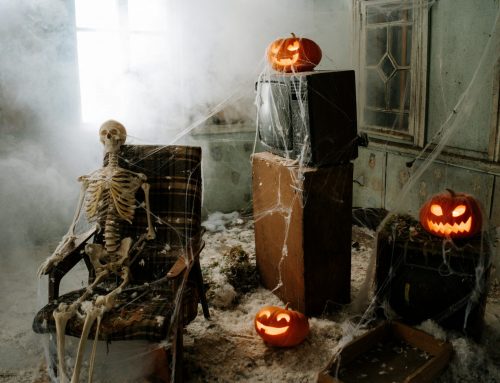
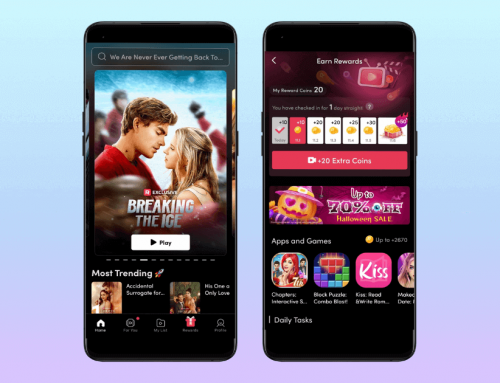

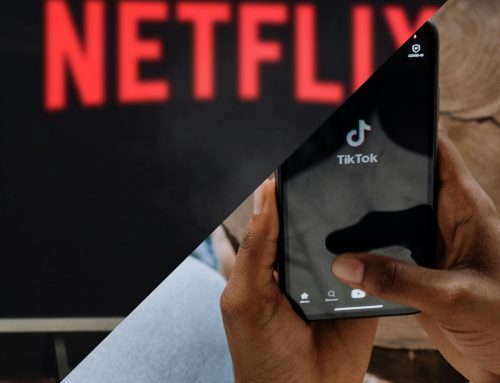
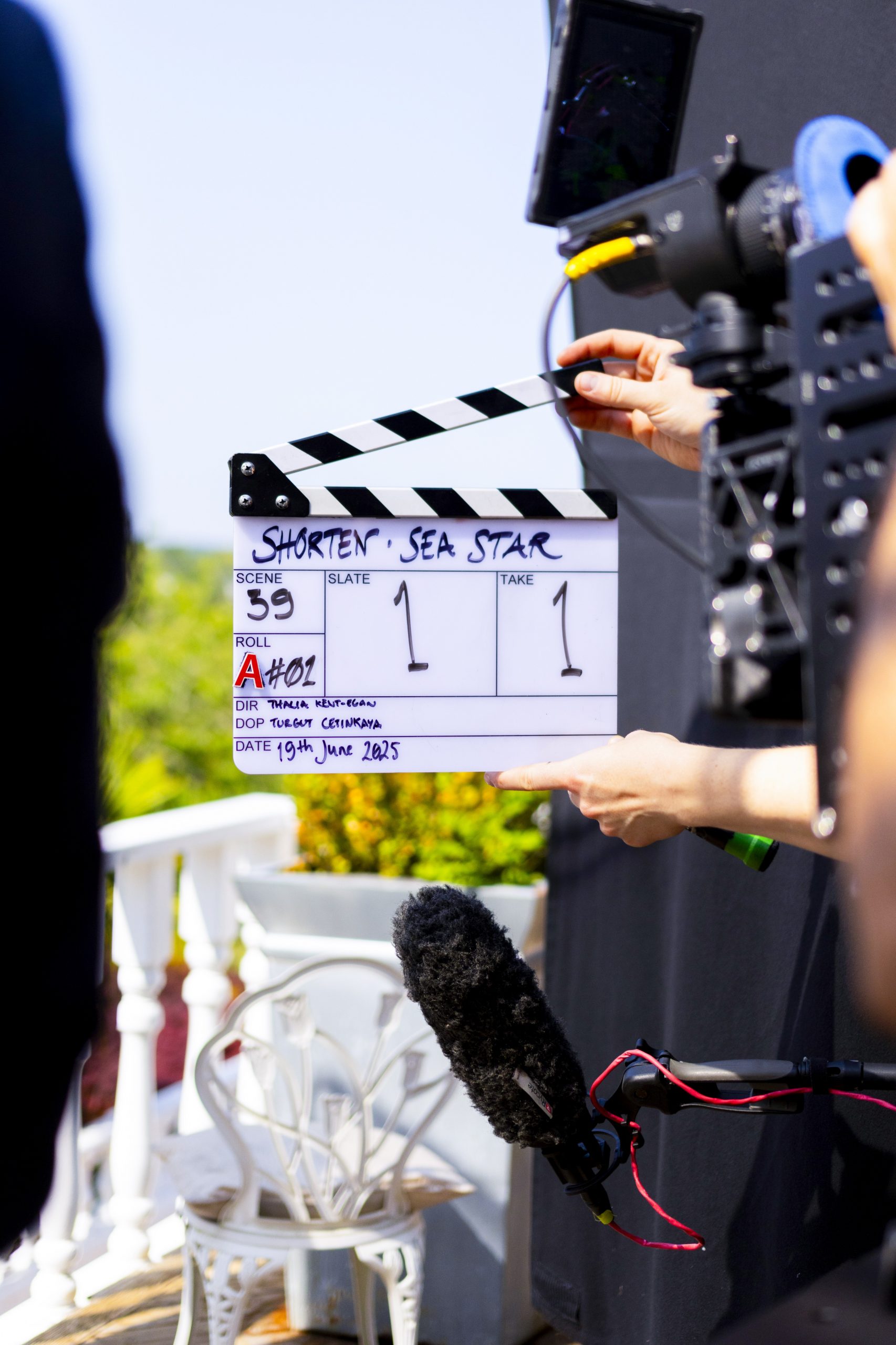

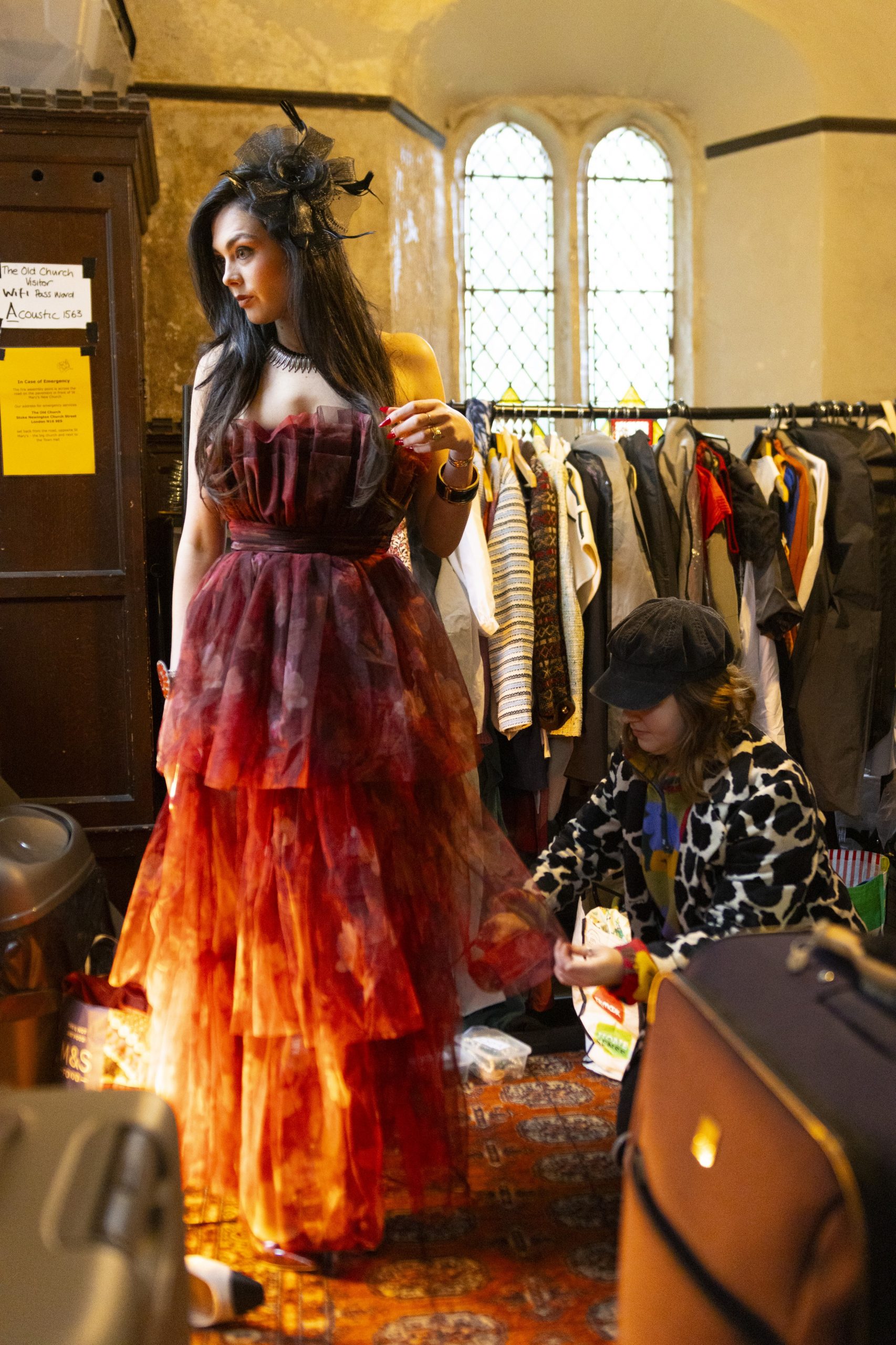

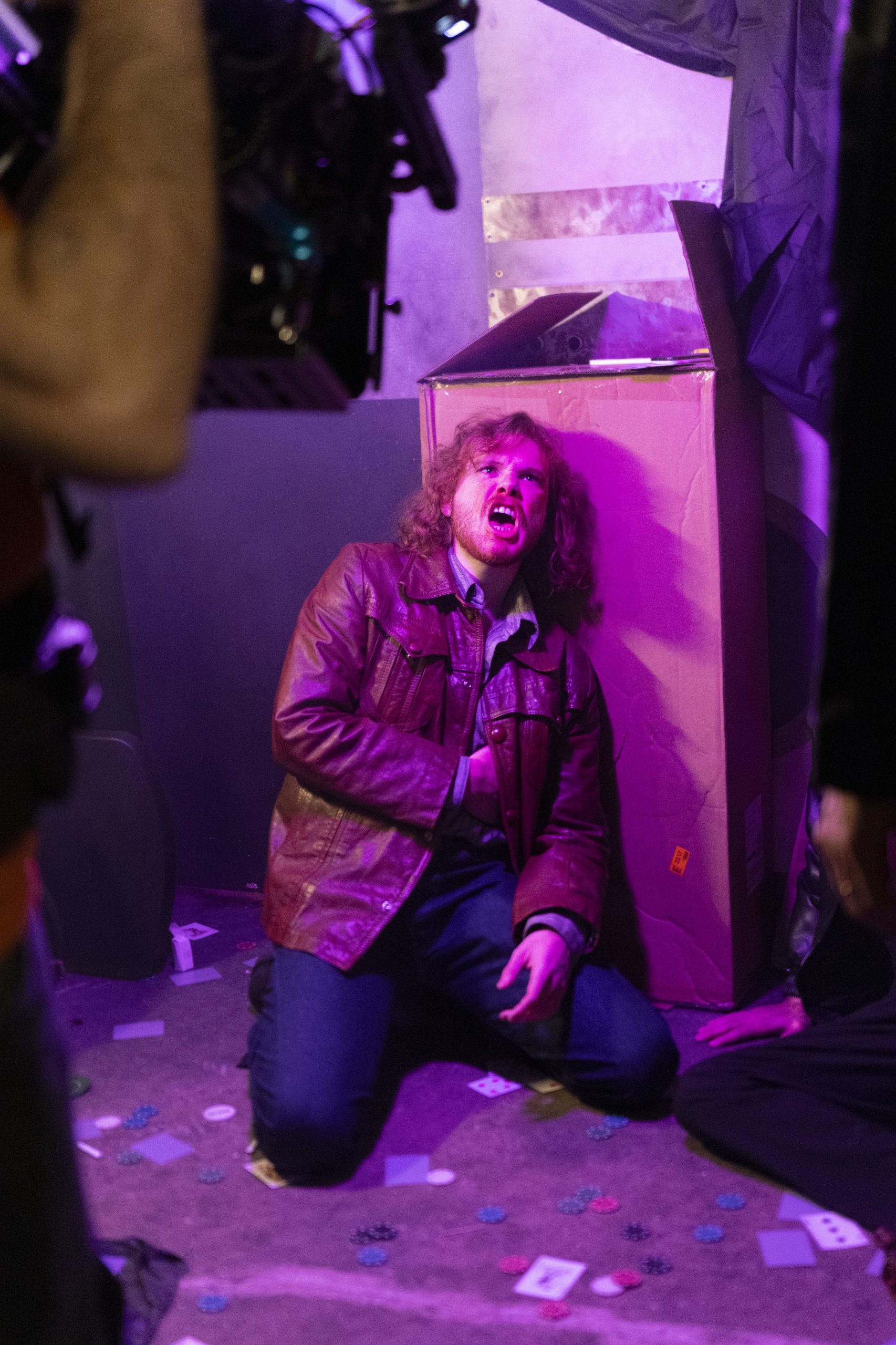
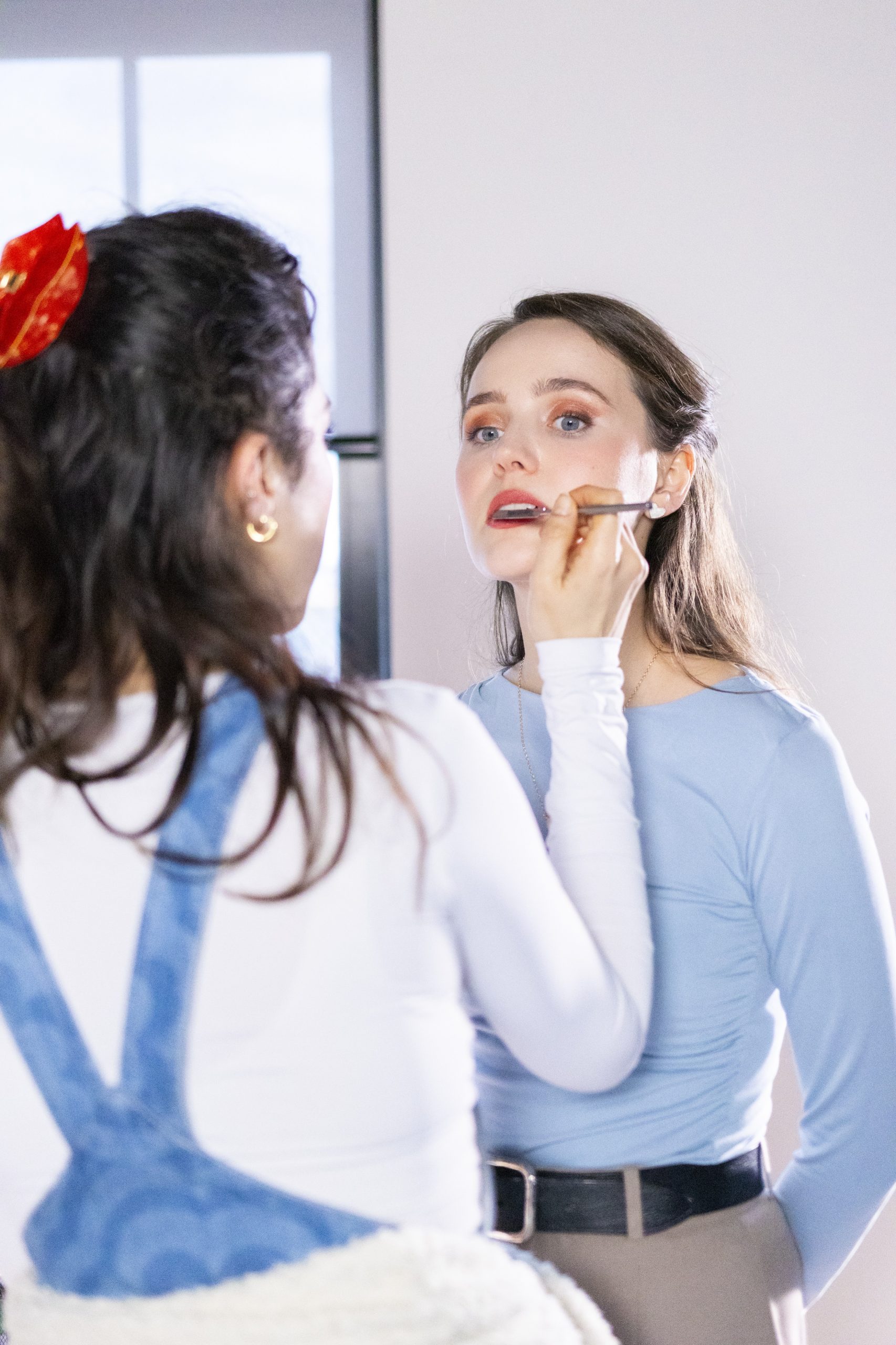
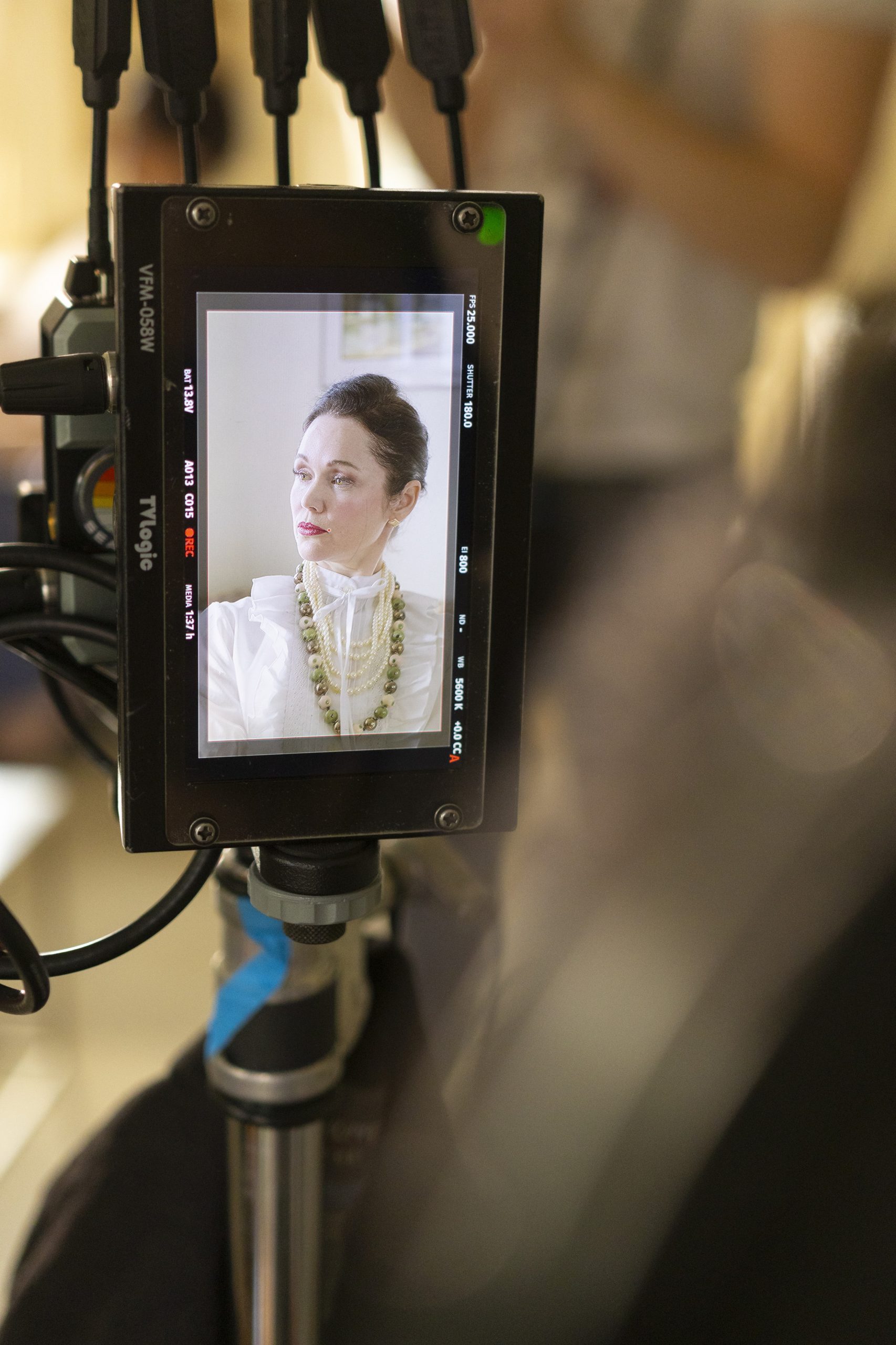
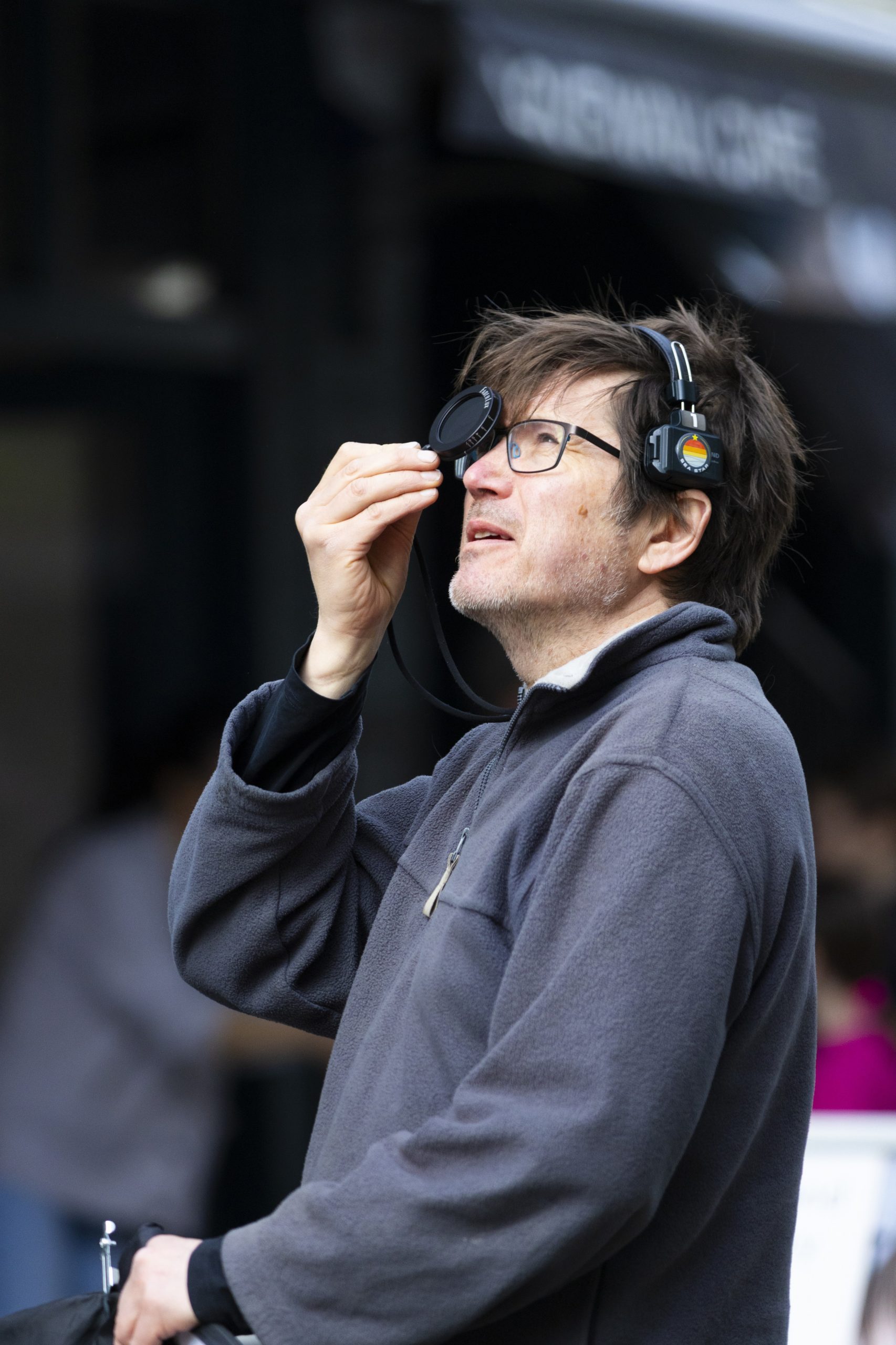
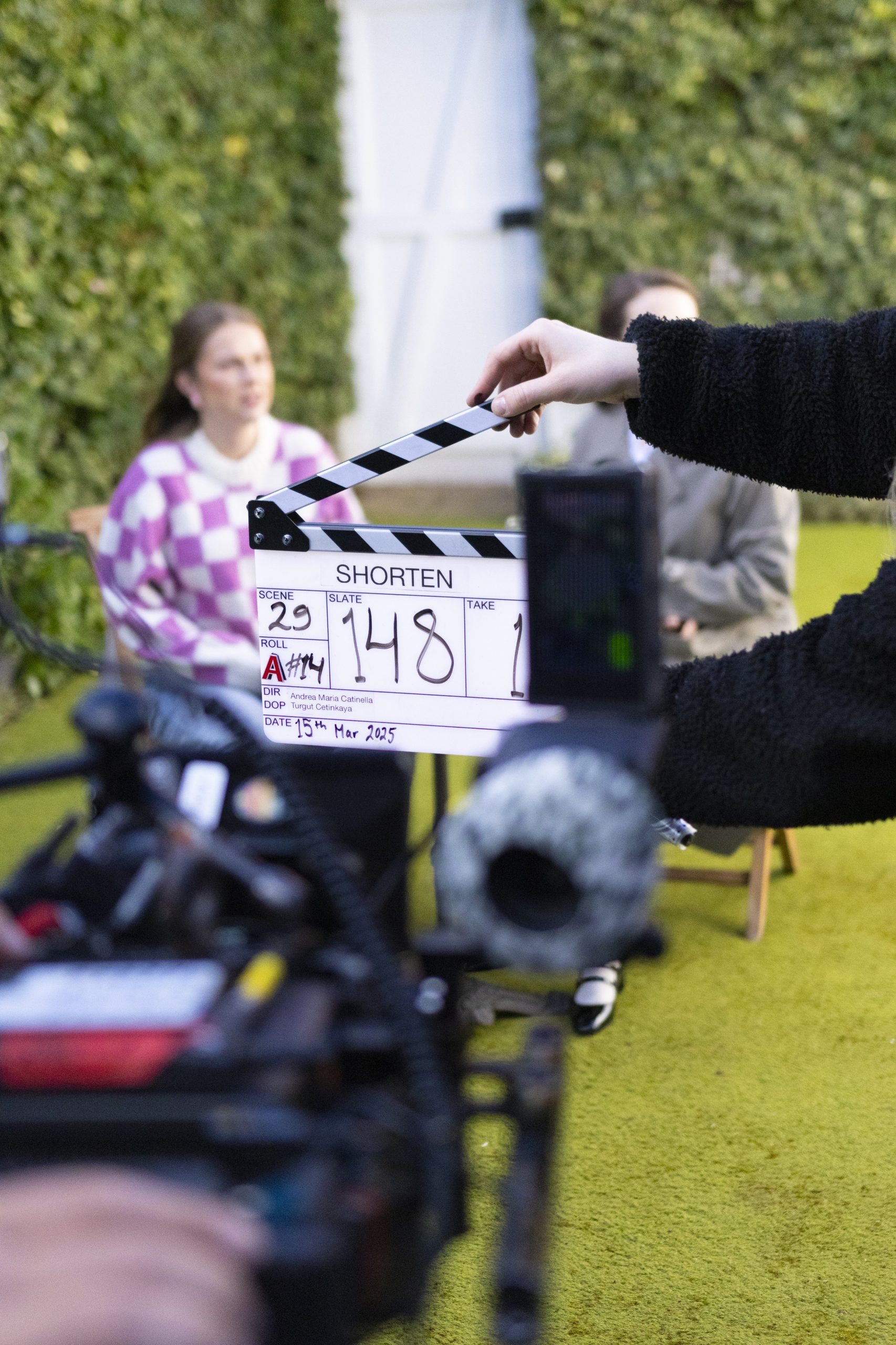



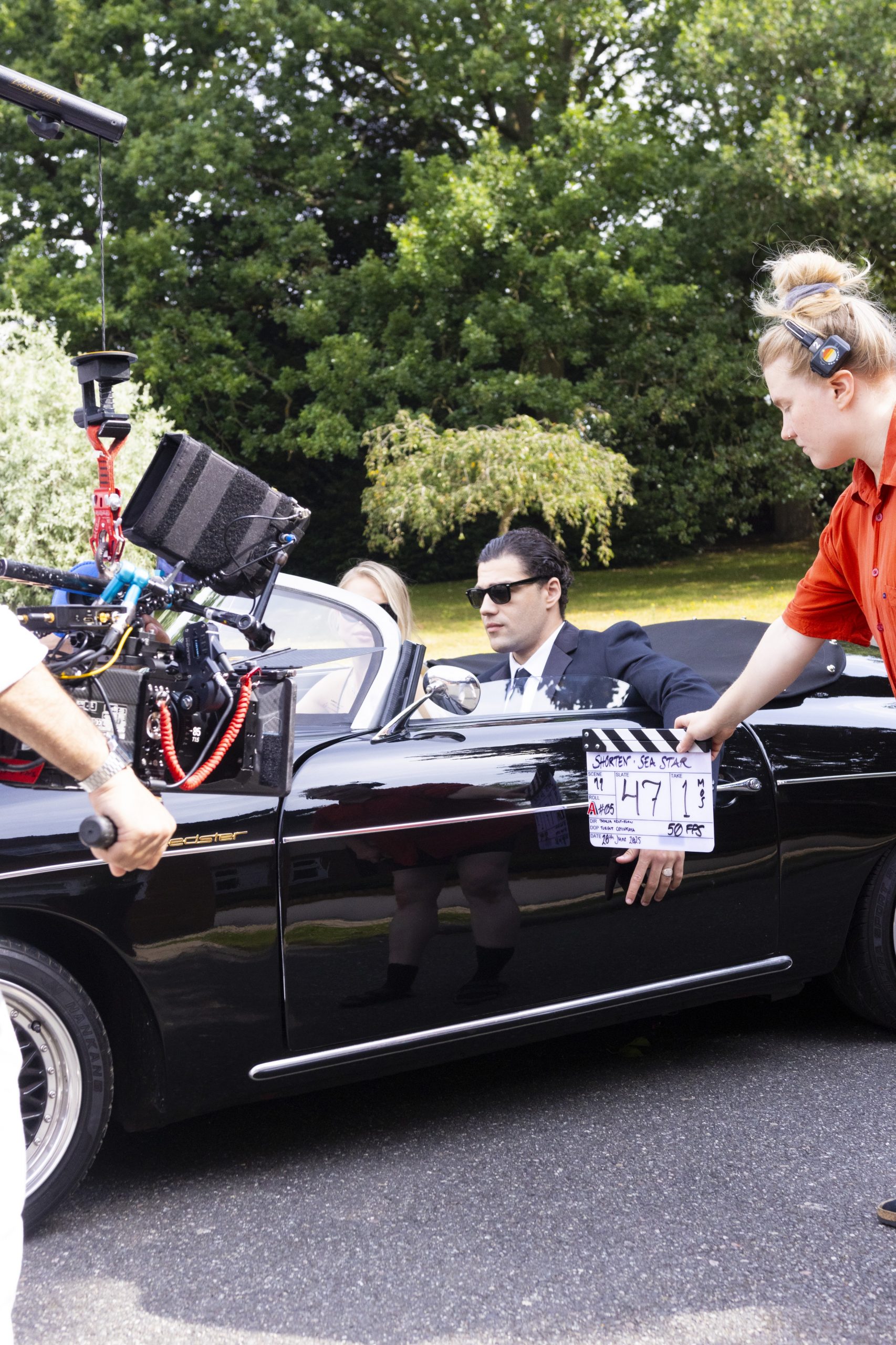
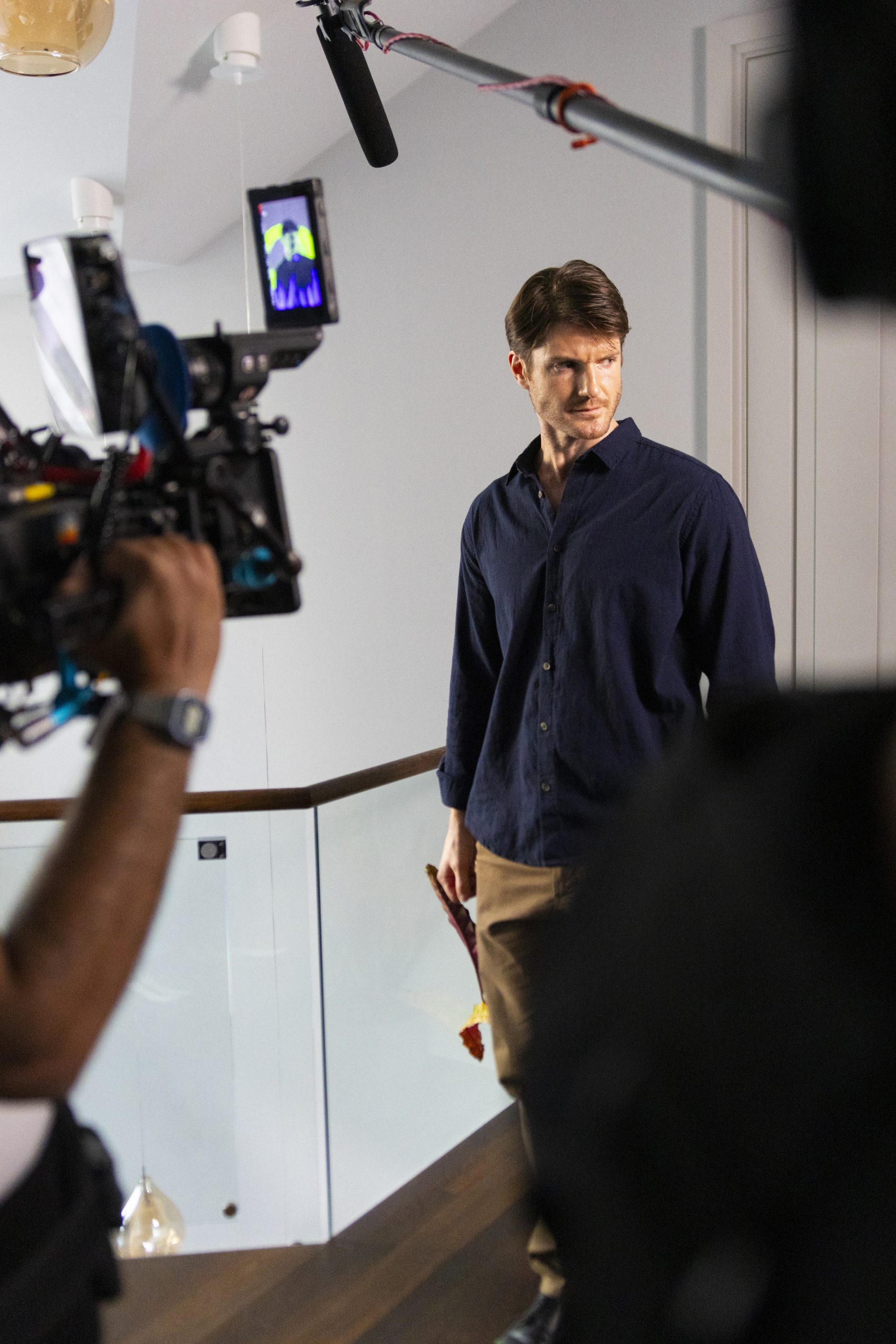

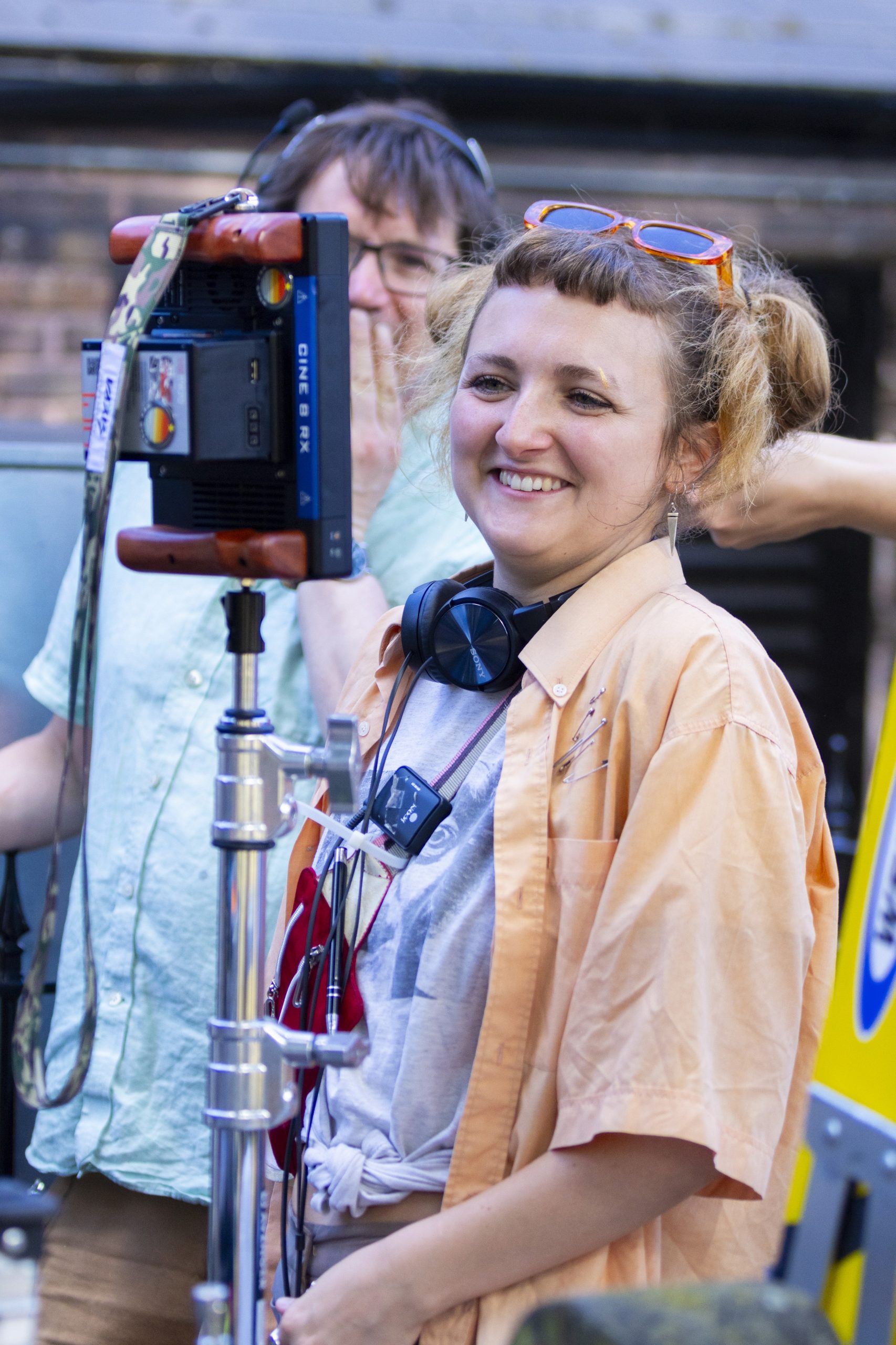
Leave A Comment